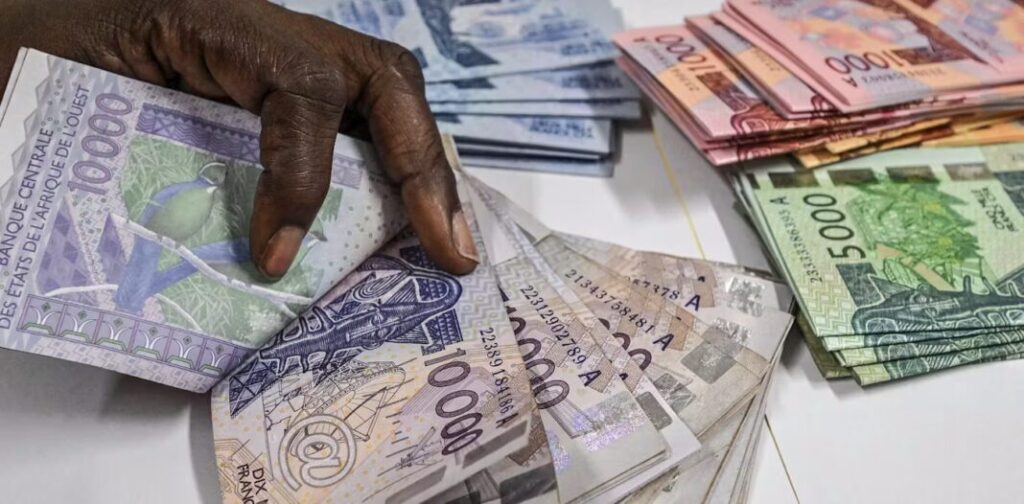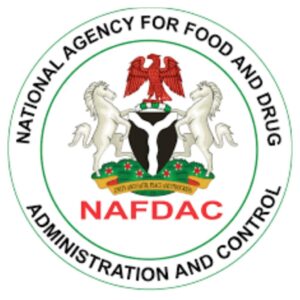The Central Bank of Nigeria (CBN) has taken a major step to support exporters by allowing the use of the CFA franc for repatriating export proceeds. This decision will make cross-border trade easier for Nigerian exporters who do business in countries that use the CFA franc.
Nonye Ayeni, the Executive Director of the Nigeria Export Promotion Council (NEPC), announced this development while discussing Nigeria’s non-oil export performance for 2024. She explained that the NEPC had been working with the CBN to ensure that the CFA franc is recognized as a legal currency for export payments.
“I am pleased to inform you that the CBN has officially approved the inclusion of the CFA franc on Nigeria’s export proceeds (NXP) form,” Ayeni said. “We will work closely with the CBN and banks to ensure full implementation.”
This means Nigerian exporters can now receive payments in CFA franc, making trade smoother with neighboring West African countries.
Beyond the new policy on export proceeds, the NEPC is also working on several initiatives to strengthen Nigeria’s non-oil export sector:
- Supporting Farmers: The NEPC has provided hybrid seedlings and farm inputs to over 1,200 farmers across Nigeria. The focus is on key export crops:
- Sesame and hibiscus in the north
- Cashew in the west
- Palm seedlings in the east
These efforts aim to help farmers increase their production and improve the quality of exportable goods.
- Helping SMEs Get Certified: The NEPC has launched the “Go Global, Go for Certification” campaign to help small and medium-sized enterprises (SMEs) obtain international certification. This will enable Nigerian products to meet global standards and access international markets.
- 400 SMEs have already started the certification process.
- By 2025, a total of 855 SMEs are expected to benefit from the program.
Another key effort by the NEPC is integrating informal border trade into the formal economy. Many Nigerian traders conduct business informally, making it hard to track exports and generate foreign exchange earnings. By bringing these businesses into the formal system, Nigeria can improve its export data collection and increase revenue.
The approval of the CFA franc for export proceeds is a game-changer for Nigerian businesses trading across West Africa. Along with government support for farmers and SMEs, these efforts will boost Nigeria’s non-oil exports and strengthen the economy.
With better access to foreign markets and improved trade policies, Nigerian exporters have new opportunities to grow and succeed in international trade.







